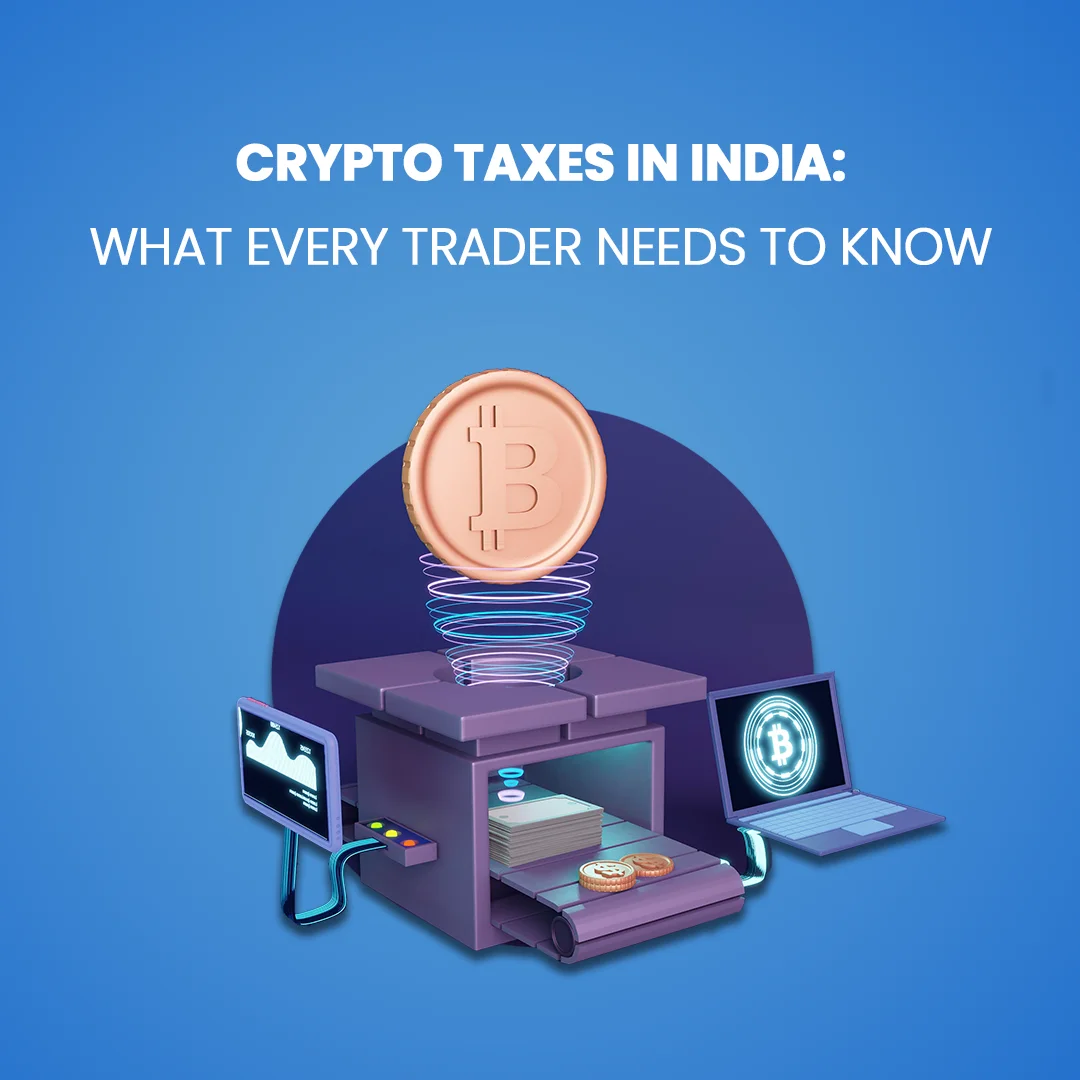

Understanding the Current Regulations in India
Cryptocurrency has taken the world by storm and changed the way we think about investing and money. The appeal of cryptocurrency trading in India is indisputable, attracting both seasoned investors and tech-savvy young people. However, the main topic of conversation is whether or not cryptocurrency trading is permitted in India.
We must investigate the changing regulatory environment, look at the viewpoints of both traders and those who are skeptical, and speculate about what the future of India’s cryptocurrency environment may bring in order to comprehend this.
Cryptocurrency: traders and non-traders
For the Enthusiasts
Cryptocurrencies represent both the possibility of exponential returns and financial freedom for those who are already involved. Many traders value the market’s worldwide reach, which allows for investing across conventional borders. With quick USDT-to-INR transactions and no platform fees, platforms such as AngelX Speedo make this process easy and let consumers make the most of their earnings.
For the Unfamiliar and Skeptics
Skeptics, or those who see cryptocurrencies as a risky gamble rather than an excellent investment option, are at the other end of the spectrum. Stories of price collapses, scams, and an unclear regulatory future are frequently the source of their worries. For certain individuals, investing in cryptocurrency could be like taking a risk without a safety net.
For this segment of individuals who haven’t been able to put their trust in crypto, the following are some commonly pondered questions:
“Can I put my hard-earned money in this market?”
“Will there be abrupt restrictions from the government?”
“Am I knowledgeable enough to begin trading?”
Clear regulations and easily accessible information about cryptocurrencies and their possible advantages are also necessary to allay these concerns.
Cryptocurrency and the Indian Legal Framework
What Is the Current Status of Crypto Trading in India?
In India, cryptocurrency trading is a legally ambiguous area.
It is not formally controlled, but it is also not forbidden. There are no official consumer protections in effect, but traders are free to purchase, sell, and retain cryptocurrency.
Because of this legal ambiguity, traders must be cautious and follow safe procedures, like using trustworthy exchanges and protected wallets.
Taxation's Function in Legalizing Crypto
An important turning point was the implementation of cryptocurrency taxes in 2022.
To make it obvious that cryptocurrencies are taxable commodities, the government levied a 1% TDS on transactions over ₹10,000 and a flat 30% tax on earnings.
These taxes are seen as a step toward official acknowledgment by some dealers, while others see them as a financial hardship.
Paying taxes on cryptocurrency profits can also protect you from future legal issues.
This long-awaited legislation
The Indian government has been developing a thorough framework to regulate cryptocurrencies.
This has been known as the Cryptocurrency and Regulation of Official Digital Currency Bill.
It is anticipated that this long-awaited law will clarify the cryptocurrency scenario by addressing issues of usage, legality, and investor protection. However, it is important to understand what implications this measure has for traders and the cryptocurrency community as a whole.
The reason behind raising this bill
The bill’s objective is to establish a legal framework for the usage of cryptocurrencies in India.
It is anticipated to discuss whether cryptocurrencies will be categorized as commodities, assets, or something else entirely, as well as if trading, investing, and payments will be permitted.
Why does it matter?
At the moment, cryptocurrencies function in an unclear legal framework in India.
Although owning and trading cryptocurrency is not expressly prohibited, consumers are not specifically protected by any legislation.
This ambiguity might be eliminated by the upcoming bill, which would establish guidelines to control the sector and safeguard investors.
Important anticipations towards the law
A lot of analysts think that the law would concentrate on regulating cryptocurrencies rather than outright prohibiting them.
The government may prioritize tax compliance, anti-money laundering, and consumer protection.
It might open the door to unambiguous regulations, fostering advancements in blockchain technology and digital assets.
The current situation
Despite years of scrutiny, the bill has not yet been introduced in Parliament.
Due to this delay, the cryptocurrency market is in a state of uncertainty, and businesses and traders are waiting for the government to take a more firm stand.
The proposed crypto bill essentially represents the Indian government’s intention to balance innovation and regulation while bringing clarity and structure to the crypto ecosystem.
This event has the potential to have a big impact on how cryptocurrency trading develops in the nation.
What’s Stopping People to Enter the World of Crypto?
Legal Barriers
Uncertainty surrounding government policy continues to be a significant obstacle for many Indians. The thrill of trading is frequently overshadowed by the worry of an abrupt ban or prohibitive rules. Recent government actions, such as taxation and talks of a regulatory law, point to a more well-rounded strategy nonetheless. These events should be monitored by newcomers since they indicate that the government intends to integrate cryptocurrencies rather than eradicate them.
Fear of Risks
Cryptocurrencies’ extreme volatility might be frightening. It is not unusual to hear of people losing large amounts of money in market crashes, and this frequently discourages newcomers. Starting with modest investments and concentrating on stablecoins like USDT might reduce risks and provide worthwhile learning possibilities for individuals thinking about taking their first plunge into the cryptocurrency realm.
Technological Complexities
For beginners, cryptocurrency may seem too complicated. It may seem overwhelming to set up wallets, protect private keys, and comprehend blockchain technology. Fortunately, this market is served by user-friendly platforms like AngelX Speedo, which provide strong customer service and intuitive interfaces to ease the move for novice traders.
Disabled Trust
Cryptocurrencies have a poor reputation among careful investors because of scams and frauds. The industry has had its share of hazards, ranging from fraudulent initial coin offerings (ICOs) to Ponzi schemes. Due diligence is therefore essential for everyone entering the market. Building confidence in this ecosystem requires selecting reliable exchanges, protecting digital wallets, and keeping up with industry developments.
Benefits for First-Time Crypto Traders
India’s stand on cryptocurrencies is influenced by movements around the world. Nations all throughout the world are experimenting with various regulatory strategies:
Accessibility and inclusivity
Barriers to monetary engagement are being removed by cryptocurrencies. Anyone with an internet connection can invest in cryptocurrencies, unlike traditional methods that can call for large sums of money or paperwork. Since they may utilize cryptocurrency trading to investigate new revenue streams, young Indians, stay-at-home moms, and independent contractors especially benefit from this inclusion.
Financial independence
For a lot of people, especially those from less urban areas, cryptocurrency trading presents a special chance to become financially independent. Traders can access investment opportunities that were previously exclusive to huge institutions and penetrate international marketplaces with no infrastructure. This accessibility is increased by platforms that make the USDT to INR conversion procedure easier.
Boosting Knowledge While Making Money
Cryptocurrencies can be used as a teaching tool in addition to being an investment instrument. Traders will unavoidably learn about global economics, market psychology, and blockchain technology as they interact with the market. These skills can be used in fields other than cryptocurrency, such as blockchain development, analytics, and fintech.
What is the international influence on India’s crypto regulations?
India’s stand on cryptocurrencies is influenced by movements around the world. Nations all throughout the world are experimenting with various regulatory strategies:
The United States
Depending on their intended use, cryptocurrencies are regulated in the United States as securities, commodities, or property. This multi-pronged strategy guarantees consumer protection and market transparency.
Singapore
Well-known for its laws that support cryptocurrencies, Singapore promotes innovation while upholding strict anti-money laundering regulations. It has become a hotspot for blockchain entrepreneurs due to its well-rounded strategy.
China
In an effort to maintain control over digital transactions, China has concentrated on creating its own CBDC while outlawing private cryptocurrencies.
India is probably going to take a moderate approach, learning from these international examples to promote innovation without jeopardizing its financial stability.
Advice for Aspiring Crypto Traders in India
Do the homework
Before making any investments, research is crucial. Study the fundamentals of blockchain, keep up with reliable cryptocurrency news sources, and recognize market patterns. A knowledgeable trader is less prone to act on impulse.
Start small and significant
To reduce risk, it is advisable for beginners to start with a modest sum. Investing even a small amount in stablecoins such as USDT can reveal information about the market’s functioning.
Choose a platform that best suits your needs
Crypto exchanges are not all made equal. Choose a safe, easy-to-use platform that places a high value on openness and provides tools designed specifically for new traders.
Stay updated
Both the crypto industry and rules are changing quickly. To prevent unanticipated events sign up for newsletters, follow professionals in the field, and keep up with government announcements.
Would crypto have a socio-economic impact in India?
If you were asked, would you consider crypto as a mere investment? Cryptocurrencies are a socioeconomic force that is changing India.
Here’s how it is impacting the economy and society:
Job Creation
The crypto business has created a wide range of jobs, from marketing experts to blockchain developers.
Financial Inclusion
The unbanked can now access financial services thanks to cryptocurrencies. People can engage in the global economy with just a smartphone.
Youth Empowerment
India is in a unique position to dominate the crypto business thanks to its tech-savvy youth, using its demographic advantage to propel the sector forward.
For the one’s who are still observing this space from distance
Cryptocurrency may seem intimidating to people who are not involved, but there are hazards associated with any technological advancement. The secret is to approach it cautiously and with interest. Learn the basics, keep an eye on industry trends, and comprehend the underlying technologies first. Think about testing the waters with modest, well-considered investments when the moment seems appropriate.
A look at what the Future of Crypto in India is
India has the potential to be a major player in the global crypto revolution. Although there are still regulatory unknowns, the increasing use of digital assets and blockchain technology signifies a bright future.
Indians will have additional options for how they transact and invest when the digital rupee is eventually introduced, further integrating digital currencies into mainstream finance.
The advice for amateurs is plain and simple: never stop learning, use caution, and be receptive to the chances that come with cryptocurrency trading.
India is prepared to play a significant role in the digital transformation of the financial industry.
To conclude this insightful discussion, cryptocurrency trading in India is an exploratory endeavor that weighs the possibility of significant gains against possible hazards.
It is a vibrant market with lots of prospects for experienced traders. Skeptics see it as an area of unrealized potential that is just waiting to be discovered.
Cryptocurrencies are probably going to play a bigger role in India’s financial system as regulations change.
The crypto realm has something to offer everyone, regardless of whether they are skeptics, enthusiasts, or somewhere in between.
The digital future is waiting for you, so enter with confidence, curiosity, and prudence.
FAQs
Although it works in a regulatory ambiguity without official protections, cryptocurrency trading is indeed permitted in India.
Yes, cryptocurrency profits are subject to 30% tax and 1% TDS for transactions over ₹10,000.
There is no sign of a prohibition; instead, the emphasis appears to be on regulating cryptocurrencies.
Yes, people with no experience can trade safely if they start small, use reliable platforms, and keep up with the latest rules.







